
Foods that make you healthy also bring a glow to the skin. So know what beauty vitamins are and what they provide to your skin?
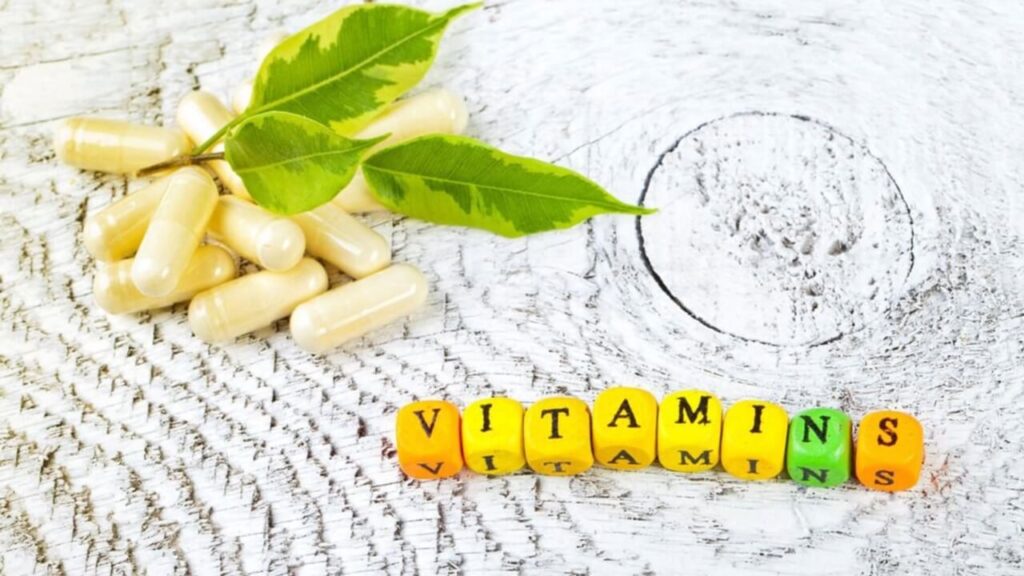
There are many vitamins that, in some form or another, are necessary for body and mental nutrition. Some of these are ‘beauty vitamins’.
If we keep taking these regularly, then believe me, the secret to our remaining beautiful and young is hidden in them.
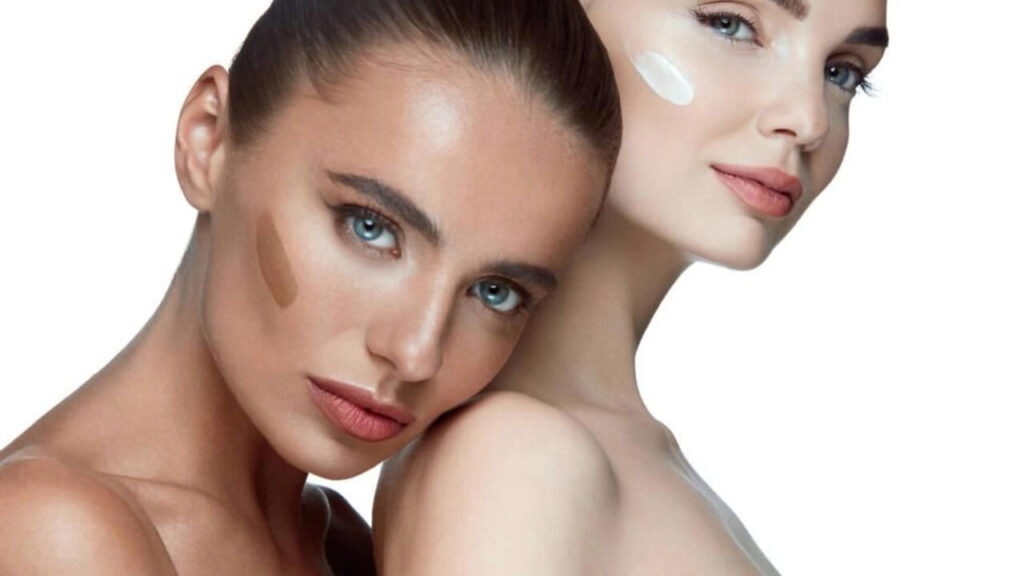
If their quantity decreases, then our skin becomes dry and our faces dull. That is why experts recommend their consumption continuously.
‘A’ is Moisturizer
This vitamin is especially used in skin care products because it is rich in antioxidant properties. It is used in sunscreen and moisturizer. It also prevents aging, sun damage and sunburn by stopping the skin damage process. Vitamin A is found in sufficient quantity in grains, fruits, green vegetables and milk.
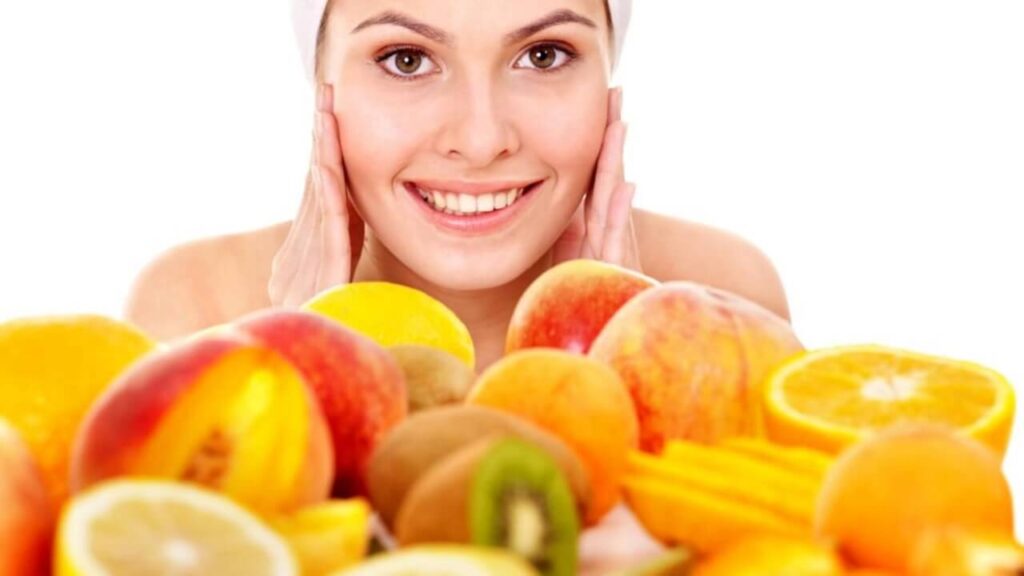
Let’s delve into the world of vitamin A and its benefits for skincare. 🌟
Vitamin A, also known as Retinol, is a potent and highly effective ingredient in skincare. Here’s why it’s so remarkable:
- Skin-Cell Renewal and Collagen Production: Vitamin A accelerates skin-cell turnover, helping to shed old, damaged cells and reveal fresh, healthy skin. It stimulates collagen production, which contributes to skin’s firmness and elasticity.
- Anti-Aging Properties: By promoting cell renewal, vitamin A can prevent and reverse signs of premature aging, such as fine lines, wrinkles, and pigmentation. Regular use can lead to a more youthful appearance.
- Acne Treatment: Vitamin A is effective in treating acne. It helps regulate sebum production, clears pores, and reduces breakouts.
- Sun Damage Prevention: Vitamin A protects against sun damage by stopping the skin damage process caused by UV radiation. It’s often used in sunscreens to shield the skin.
- Even Skin Tone: Vitamin A can fade dark spots, improve skin texture, and create a smoother complexion.
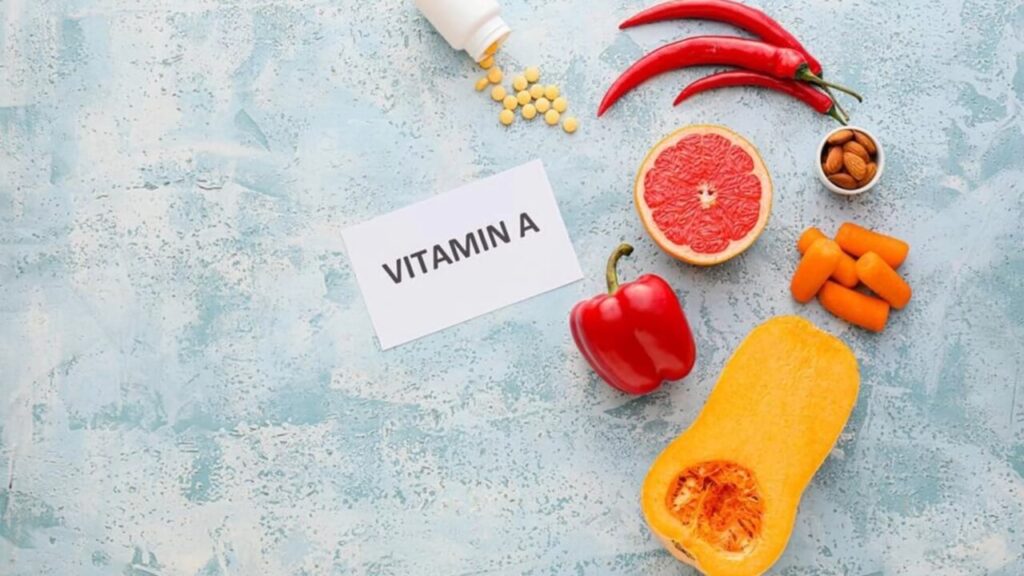
However, it’s essential to choose the right vitamin A product for your skin type to avoid discomfort. Here are a couple of excellent options:
- Medik8 Intelligent Retinol 6TR: This high-performance serum contains 0.6% “intelligent Retinol,” which releases slowly overnight for maximum effectiveness without irritation. It reduces fine lines, resurfaces uneven texture, and imparts a youthful glow.
- SkinCeuticals Retinol 1.0: Ideal for pigmented, aging, or acne-prone skin, this overnight serum helps eliminate redness and improves skin tone and texture.
Remember to introduce vitamin A gradually into your skincare routine and always follow the product instructions. 🌿
Skin is healthy with B3 and B5.
Vitamin B3 is helpful in keeping the skin healthy. Its role is to improve skin barrier function by repairing the skin’s protective layer and locking-in moisture.
This keeps the skin hydrated, soft and supple. Similarly, vitamin B5 works to retain moisture in the skin, improve barrier function, and preserve moisture.
The skin remains hydrated, and wrinkles are reduced. Both of these vitamins are found in abundance in nuts, seeds, and vegetables.
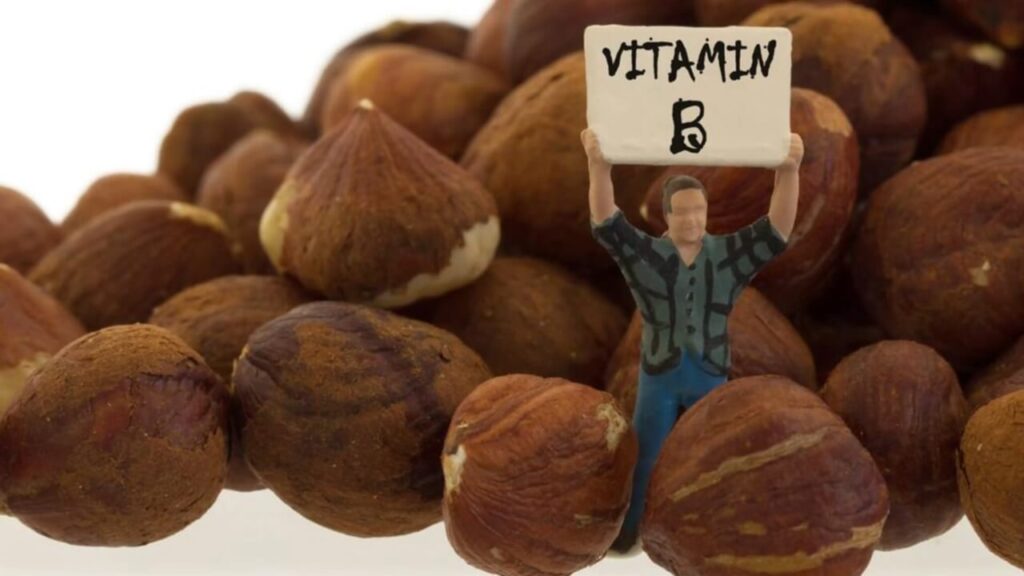
Let’s explore the benefits of vitamins B3 (niacinamide) and B5 for healthy skin:
Vitamin B3 (Niacinamide):
- Skin Barrier Support: Niacinamide helps build keratin, a protein that maintains skin firmness and health.
- Lipid Barrier Enhancement: It encourages the growth of a ceramide barrier, which retains moisture. This is especially beneficial for all skin types, including eczema-prone or mature skin.
- Reduces Redness: Niacinamide has anti-inflammatory properties, easing redness from conditions like eczema and acne.
- Minimizes Pore Appearance: Consistent use can lead to a natural reduction in pore size over time.
- Regulates Oil: Niacinamide balances sebum production, preventing excessive oiliness.
- Sun Damage Protection: It rebuilds skin cells while shielding them from UV damage.
- Hyperpigmentation Treatment: Research suggests 5% niacinamide can lighten dark spots by increasing collagen production.
- Fine Lines and Wrinkles: It also helps reduce signs of sun damage associated with aging.
Vitamin B5 (Pantothenic Acid):
- Hydration and Elasticity: Vitamin B5 improves skin elasticity and hydration.
- Barrier Function: It preserves moisture by enhancing the skin’s barrier function.
- Ideal for Dry Skin: B5 is especially useful for normal to dry skin types.
Both vitamins are abundant in nuts, seeds, and vegetables. Incorporating them into your skincare routine can promote healthy, supple skin. 🌿
‘C’ is Special:

Vitamin C especially plays a role in improving the skin. Actually, it increases the formation of collagen in the skin. Collagen is a protein fiber that helps improve the skin. After the age of 35, Vitamin C should be used regularly because, with increasing age, the natural production of collagen decreases.
In such a situation, by taking oral Vitamin C, the healing process can be speeded up by controlling cell damage. It is very easy to take vitamin C naturally. Citrus fruits like orange and lemon, broccoli, cauliflower, sprouted pulses, papaya, and strawberries are excellent sources of it.
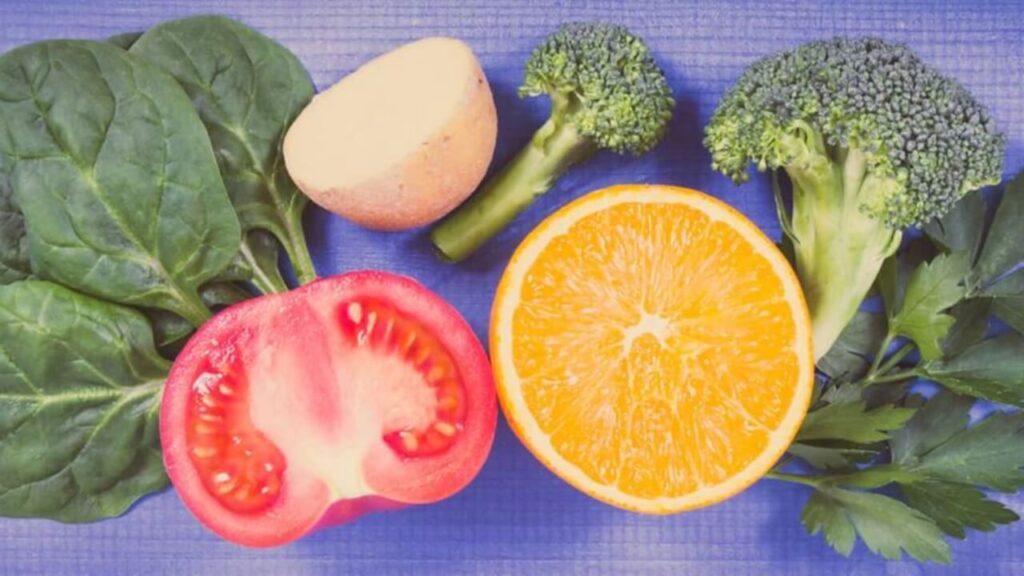
Let’s dive into the remarkable benefits of vitamin C for your skin. 🍊
Boosts Collagen Production:
- Vitamin C is essential for producing collagen, a protein that maintains skin’s firmness and youthfulness.
- As we age, collagen production naturally slows down, leading to sagging skin. Topical vitamin C accelerates collagen and elastin production, keeping the skin plump and firm.
Reduces Hyperpigmentation:
- Hyperpigmentation, characterized by dark spots, often results from sun exposure.
- Vitamin C inhibits the enzyme tyrosinase, which produces melanin, preventing hyperpigmentation.
- It won’t affect normal skin coloration but targets abnormal melanin deposits caused by excess sun exposure.
Anti-Aging Effects:
- Topical vitamin C prevents premature aging by boosting collagen production and maintaining elasticity.
- It combats unwanted dark spots caused by factors like smoking, pollutants, and sun exposure.
Protects Against Sun Damage:
- Vitamin C shields the skin from UV-induced damage.
- While topical application is more effective, consuming vitamin C also contributes to overall skin health.
Promotes Wound Healing:
- Vitamin C speeds up healing by controlling cell damage.
- It’s especially beneficial when taken orally.
Keeps the Skin Hydrated:
- Citrus fruits (like oranges and lemons), broccoli, cauliflower, sprouted pulses, papaya, and strawberries are excellent natural sources of vitamin C.
Remember, a balanced diet and proper skincare can enhance the benefits of vitamin C for radiant, healthy skin! 🌟
Protection of Cells from ‘E’:
Vitamin E is considered a beauty vitamin. It is an anti-oxidant that protects your cells. It also does not allow the skin to get damaged by the harmful rays of the sun because it keeps the skin moist and does not allow it to become dry. Almonds, avocado, peanuts, soybean oil, and spinach are its best dietary sources.

Let’s delve into the wonderful benefits of vitamin E for your skin. 🌟
Antioxidant Powerhouse:
- Vitamin E is a fat-soluble antioxidant that plays a crucial role in protecting cells from damage caused by free radicals.
- These free radicals are produced during normal metabolic processes and can also result from exposure to environmental toxins, such as UV radiation and pollution.
Skin Moisturization and Barrier Function:
- Vitamin E is naturally present in our sebum (skin oil), which acts as a protective barrier.
- It helps retain moisture in the skin, preventing dryness and maintaining suppleness.
- As we age, both sebum production and vitamin E levels decline, emphasizing the importance of external sources.
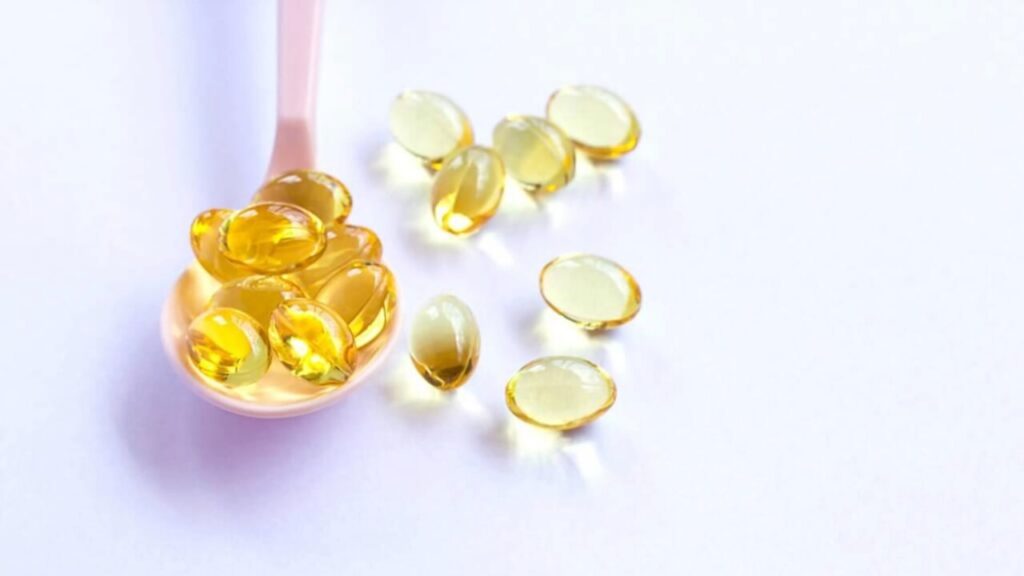
Sun Damage Protection:
- While vitamin E doesn’t replace sunscreen, it does offer some protection against UVB rays.
- UVB rays cause sunburn and contribute to skin aging. Vitamin E absorbs a portion of these rays and reduces skin inflammation.
- However, it doesn’t shield against UVA rays, which are associated with skin cancer.
Anti-Aging Properties:
- Vitamin E contributes to a more youthful appearance by supporting collagen production and maintaining skin elasticity.
- It softens the skin, reduces fine lines, and improves overall texture.
Natural Dietary Sources:

Include vitamin E-rich foods in your diet:
- Almonds: A handful of almonds provides a good dose of vitamin E.
- Avocado: This creamy fruit is not only delicious but also packed with skin-loving nutrients.
- Peanuts: Enjoy them as a snack or in peanut butter form.
- Soybean Oil: Use it for cooking or in salad dressings.
- Spinach: Leafy greens like spinach are excellent sources of vitamin E.
Remember, a balanced diet and proper skincare go hand in hand for healthy, radiant skin! 🌿
Overdose is Harmful
Vitamins are also very important for healthy skin. Whatever the type of skin, it becomes glowing with the intake of vitamins. It is better to consume these vitamins regularly in the form of natural foods. Vitamins in the form of medicines should be taken only when absolutely necessary. Vitamin C and Vitamin E are very healthy for the skin. Along with fruits, dry fruits should also be consumed. Also, keep in mind that overdosing on vitamins is also harmful.
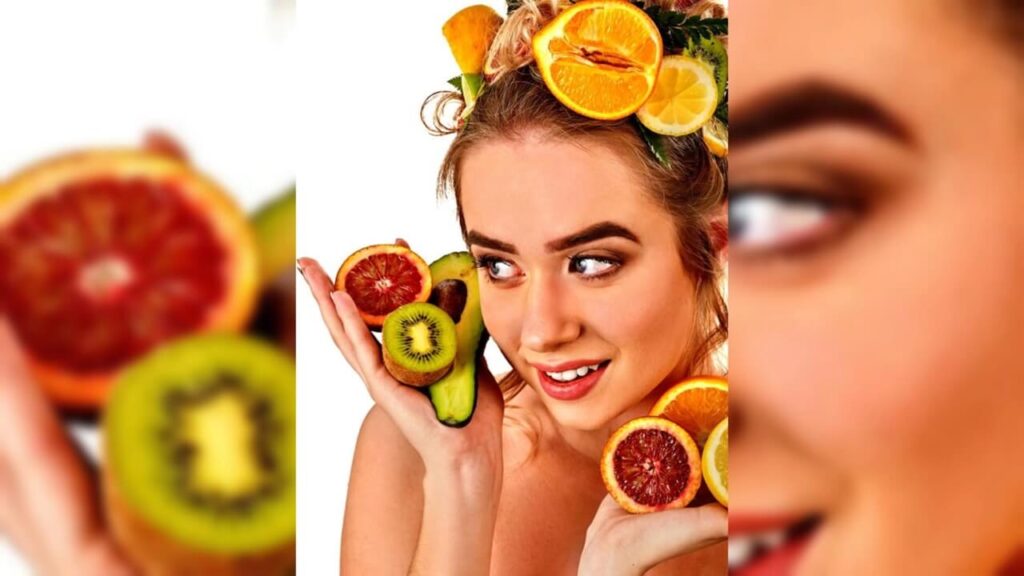
Let’s explore the importance of vitamins for healthy skin and the precautions to take:
Vitamins and Glowing Skin:
Vitamins play a crucial role in maintaining healthy skin. Regardless of your skin type, they contribute to a radiant complexion.
Regular consumption of vitamins through natural foods is ideal for overall health and skin wellness.
Natural Sources:
Vitamin C and Vitamin E are particularly beneficial for the skin:
Vitamin C: Boosts collagen production, reduces hyperpigmentation, and protects against sun damage. Found in citrus fruits, broccoli, and strawberries.
Vitamin E: An antioxidant that moisturizes the skin, maintains elasticity, and guards against free radicals. Almonds, avocado, and spinach are excellent sources.
Caution with Supplements:
While vitamins are essential, it’s best to obtain them from whole foods.
Supplements should be taken only when necessary and under professional guidance.
Overdosing on vitamins can have adverse effects, so moderation is key.
Remember, a balanced diet, hydration, and a healthy lifestyle contribute to beautiful skin! 🌿



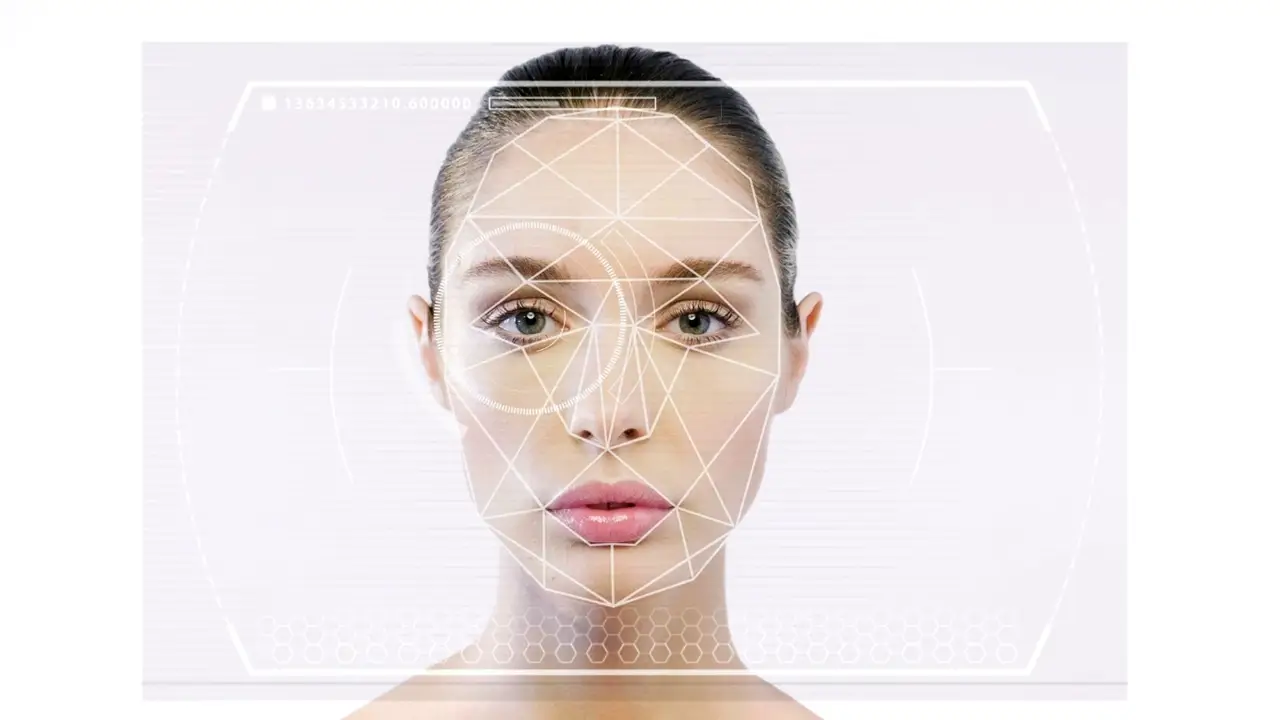



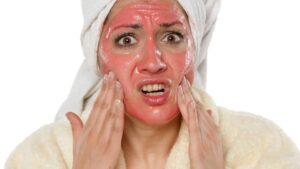



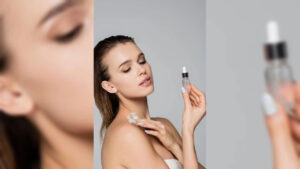
















Some truly interesting points you have written.Assisted me a lot, just what I was searching for : D.
Some times its a pain in the ass to read what blog owners wrote but this site is rattling user friendly! .
Excellent blog here! Also your website loads up fast! What web host are you using? Can I get your affiliate link to your host? I wish my web site loaded up as quickly as yours lol
I dugg some of you post as I cogitated they were handy very useful
This is a very good tips especially to those new to blogosphere, brief and accurate information… Thanks for sharing this one. A must read article.
Keep up the superb piece of work, I read few blog posts on this site and I think that your website is very interesting and contains sets of good info .
Real great visual appeal on this website , I’d rate it 10 10.